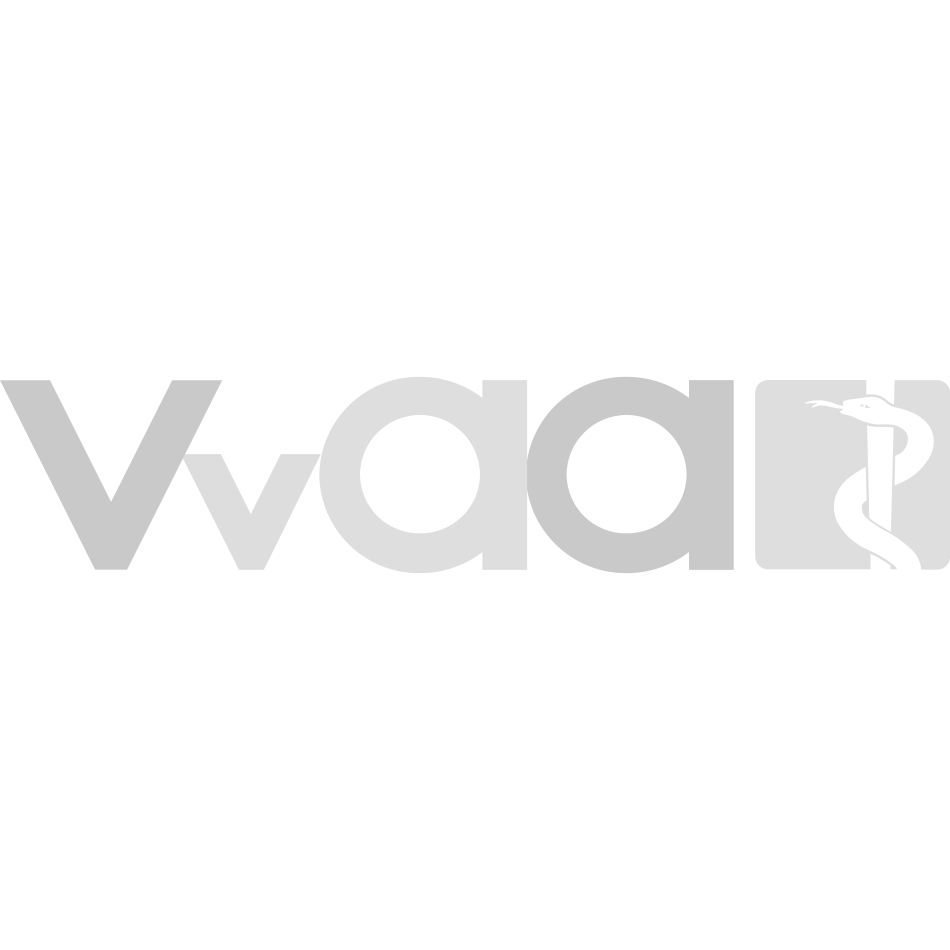Article 1 Definitions
1.1 Client: the natural person who orders the contractor to carry out certain work.
1.2 Contractor: Dr. TPM Theunissen, acting under his own name or Mental Profit. The company of the contractor is registered in the trade register as a sole proprietorship under number: 76676927.
1.3 Professional code: the contractor is a member of the Dutch Institute of Psychologists (NIP) and also a member of several professional associations that impose a professional or code of conduct on their members and use a complaints procedure, such as the Landelijke Vereniging van Vrijgevestigde Psychologen (LVVP) and the Vereniging EMDR Nederland (VEN).
1.4 Trajectory: the course of one or more conversations, the giving 4.2 of (mental health or executive) coaching, a training (professional or otherwise) and/or workshop, in person or via digital communication as agreed between parties in the field of continuing education, life, work and relationship, all in the broadest sense of the word, with the exception of individual health care unless explicitly agreed otherwise in writing. Both the direct work such as conducting the conversation, giving the training and/or workshop, and the related indirect work, such as filing, recording conversations, administration, etc. is understood as a session.
Article 2 Applicability
2.1 These general terms and conditions shall apply to any commission contract, whether verbal or written, entered into by the parties.
2.2 Deviation from these general terms and conditions is only possible if such deviation is agreed upon in writing by the parties.
2.3 If any provision of these general terms and conditions is invalid or is annulled, the other provisions of these general terms and conditions shall remain in full force.
Article 3 Agreement (commencement and execution)
3.1 The date of the first intake interview will be confirmed by the contractor to the client by email, text message, or other form of digital communication.
3.2 After the intake, or as much earlier as possible, the parties will agree on a trajectory of a specific or undetermined number of sessions.
3.3 After a possible interim evaluation, the parties may adjust the program in writing based on the number of sessions and/or content.
3.4 The contractor undertakes to carry out its activities with the care of a good contractor. The process is not an obligation to achieve a certain result, but an obligation to perform to the best of one’s abilities. The contractor, therefore, makes no statements about the expected result of the process.
3.5 If two or more persons have jointly given an order to the contractor, they will be jointly and severally liable to the contractor.
3.6 The applicability of article 7: 402, paragraph 2 of the Dutch Civil Code that establishes a joint and several liability in cases where an order is given to two or more persons is expressly excluded.
Article 4 Session cancellation
4.1 An agreed session can be cancelled by the client free of charge up 24 hours before the date of the session. The client will owe owe the full amount if it is cancelled 24 hours or less before the date of the session.
4.2 In case of force majeure, the contractor is entitled to cancel or reschedule the agreed session(s) without any fault on his part. Force majeure includes cases such as illness or disability, death or accident of the contractor’s partner or relative in the second degree of kinship or sideline, wars, disasters and unforeseen government measures.
Article 5 Compensation and payment
5.1 The Contractor will charge the client a fee for the work performed, plus VAT in case of Coaching services. The Contractor has contract agreements with several healthcare insurers. If the client has a healthcare insurance policy with an insurer with whom the Contractor has an agreement, the invoice will be submitted directly to the insurer, rather than to the client. The Contractor uses the rate set by the Dutch Healthcare Authority / Nederlandse Zorgautoriteit (NZa) for regular mental health care. Mental health care falls under the legally required Own Risk (Eigen Risico). The rate for coaching consists of an agreed package price or an agreed hourly rate multiplied by the time spent in (decimal) time units of one hour. The hourly rate can be adjusted annually.
5.2 The contractor will invoice the client for the time spent on the agreed process. The invoice must be paid to the contractor within 14 days of the invoice date.
5.3 If payment is not received by the contractor within the payment period, the client is in default without further notice. The customer must then pay the statutory interest on the unpaid amount and the extrajudicial costs associated with its recovery.
Article 6 Cooperation and Information
6.1 The client takes an active position in the process and provides the contractor with all the information necessary for the implementation of the process, including any previous mental health treatments. The client will inform the contractor of any changes in his/her situation that may affect the process.
6.2 The contractor will inform the client about the approach or method of approach in the process.
Article 7 Confidentiality
7.1 The contractor will keep confidential all information that comes to its knowledge in the course of its professional activities in contact with the client, except in cases of permission of the client, a reporting obligation under a statutory provision or a reporting right for situations covered by the Act on the Obligatory Reporting of Domestic Violence and Child Abuse.
7.2 Notwithstanding Article 7.1, the contractor has the right to discuss (anonymised) information about her/him with third parties even without the client’s permission insofar as this information exchange takes place in the context of professional intervision, supervision, consultation and visitation.
Article 8 Suspension and termination of agreement
8.1 The Contractor shall be entitled to suspend its work if the Client has not paid the claim within its payment term and there is no question of force majeure until it has been settled.
8.2 Subject to the possibility of dissolution by one of the parties, the parties may terminate the agreement in the interim on the basis of mutual consent.
8.3 The Client may terminate the agreement at any time with at least one session’s notice after termination.
8.4 The Contractor may terminate the agreement entered into for an indefinite period with a notice period of at least one session after the termination.
8.5 In other cases, the Contractor may terminate the agreement for an urgent reason. This will be the case, for example, if the client unilaterally wishes to change the agreed purpose of the course; if there is a serious breakdown of the relationship which has led to an unworkable situation and in case of practical circumstances, such as health problems or moving house, which make it unreasonable to expect the contractor to continue.
8.6 The agreement will terminate automatically at the end of the last session of an agreed project.
Article 9 Liability
9.1 Any liability of the contractor will be limited to the amount paid out in the relevant case by the professional liability insurer, plus the amount of any excess. If for any reason no payment is made under the insurance policy referred to here, any liability will be limited to the amount paid by the client to the contractor in respect of the assignment, or part thereof, in connection with which liability has arisen.
9.2 Without prejudice to the provisions of Section 6:89 of the Dutch Civil Code, any claim by the Principal against the Contractor will lapse upon the mere expiry of twelve months after the event from which the damage arose and for which the Contractor is liable.
Article 10 Complaints
10.1 If the client is dissatisfied with the services provided by the contractor, the client will first submit the complaint in question to the contractor for resolution.
10.2 After taking note of and discussing the complaint with the client, the contractor will implement the chosen solution direction as well as possible. The Contractor is registered as a Healthcare Psychologist (Gezondheidszorg Psycholoog) BIG and a member of the LVVP (the national association of independent psychologists and psychotherapists). Complaints about the handling or application of the professional code can be submitted to the LVVP (https://lvvp.info/voor-clienten/wat-als-ik-ontevreden-ben-de-behandeling/klachtenregeling-volwassenen) if discussion does not provide a solution.
Article 11 Dispute Resolution
11.1 The contractor is a member of the Disputes Committee for Voluntary Mental Health Care Practices (Bordewijklaan 46, PO Box 90600, 2509 LP The Hague).
11.2 Disputes between the parties concerning (the conclusion or performance of agreements relating to) services to be provided or delivered by the Contractor may be submitted by either the Client or the Contractor to the Disputes Committee for Voluntary Mental Health Care Practices.
11.3 The Disputes Committee will only deal with a dispute if the customer has first submitted its complaint to the contractor.
11.4 If the complaint does not lead to a solution, the dispute must be submitted to the Committee in writing, or in another form to be determined by the Disputes Committee, within 12 months of the date on which the Principal submitted the complaint to the Contractor.
11.5 If the Client submits a dispute to the Arbitration Board, the Contractor shall be bound by that choice. If the Contractor wishes to submit a dispute to the Disputes Committee, it must ask the Principal to indicate in writing, or in another suitable form, within five weeks whether it agrees to do so. The contractor must also announce that it will deem itself free to submit the dispute to the ordinary courts once the aforementioned period has expired.
11.6 The Disputes Committee pronounces its judgment with due observance of the provisions of the regulations applicable to it. The regulations of the Board shall be sent on request. The decisions of the Disputes Committee shall be by way of a binding opinion. A fee is payable for the handling of a dispute.
Article 12 Crisis and Availability
12.1 This practice is not equipped to provide acute or 24-hour care. In the event of a crisis or acute psychological distress, the client must contact their general practitioner, the out-of-hours GP service, or the regional crisis service. The national suicide prevention helpline 113 can also be contacted via 0800-0113 or www.113.nl.
12.2 The contractor is available during office hours for non-urgent matters. Outside office hours, the contractor is not available. In emergencies, the client must contact the aforementioned services.
12.3 If the contractor assesses a situation during treatment as a crisis or as posing increased risk to the client or others, the contractor may – if necessary – contact third parties such as the general practitioner, out-of-hours GP service, or crisis team, in accordance with the applicable professional code and legal obligations.
Article 13 Applicable law and choice of forum
13.1 The legal relationship between the parties is exclusively governed by Dutch law. The competent court in Maastricht is exclusively authorized to take cognizance of any dispute that may arise between the parties.








